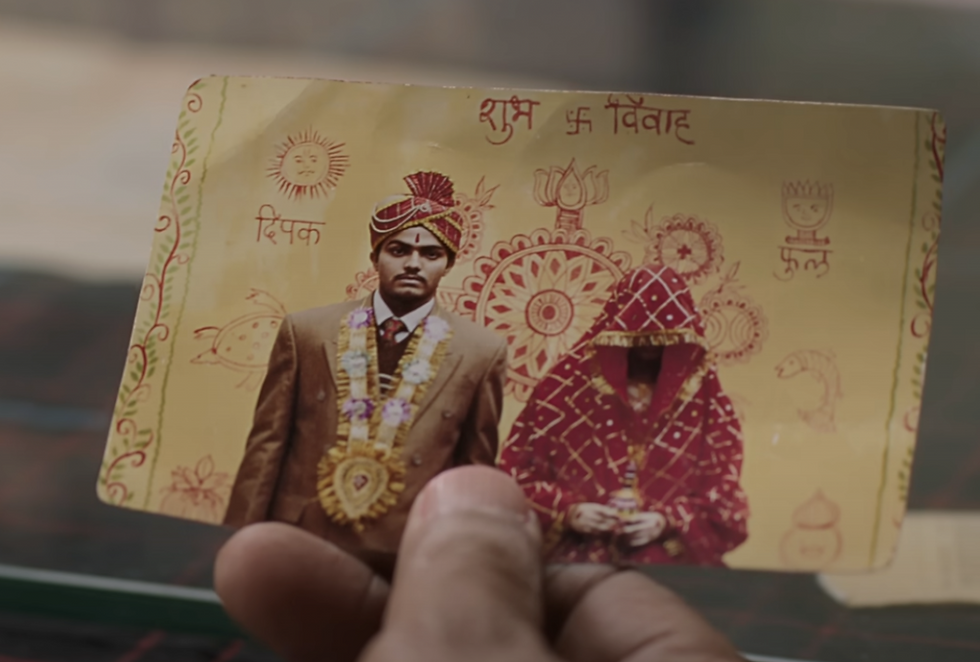Of being Lost and finding Oneself - Laapataa Ladies
- sudarshanag4
- Mar 19, 2024
- 2 min read
Lapataa Ladies, Women Lost, or Lost Women starts with the premises of Noukadubi by Rabindranath Tagore. Two brides get interchanged in a tweak of fate: Newlywed Phool Kumari and Pushpa Rani, aka Jaya. Pushpa ends up with Phool's naive husband, Deepak. At the same time, Phool, who has only been taught to do household work and be a sushil ladki, gets lost in a station, Thus starts a tale of fate's caprice where Phool Kumari and Pushpa Rani (aka Jaya) find their lives entwined in a twist of destiny.

Unable to tell her husband's name or where he stays. Pushpa comes to Deepak's house in place of Phool and thus starts a cat-and-mouse chase between the spunky Pushpa and the pan-chewing, corrupt inspector, Shyam, played brilliantly to the hilt by Ravi Kishan.
The film is delightful, with whistle-invoking dialogue that never gets too preachy. It is easy-breezy but doesn't sacrifice the inherent message to have a happy ending, striking a balance between entertainment and profound storytelling.
The story is set in Nirmal Pradesh, in the hinterland of India, when small Nokia-like handsets had just made their advent. The women are nameless entities, following in their husbands' footsteps. The ghoonghat is like the allegorical divide, keeping the women unseen, unheard, and unknown.
Once lost, the spunky Pushpa, who surprises everyone by talking about organic farming, loses herself deliberately to find herself. The corrupt police officer almost surprises himself with his final act with a sardonic smile.

The pious Phool starts working, making Kalakand in a station tea stall, earning her first wage, and waiting to be reunited with her husband, Deepak, who is the butt of jokes for having lost his wife. They reunite only after Pushpa, aka Jaya, shows her true mettle.
In Laapata Ladies, Kiran Rao playfully drives home some extremely pertinent points, based on a novella by Biplab Goswami and resonating with themes of self-discovery and empowerment. She artfully explores the complexities of identity and societal expectations through subtle nuances and memorable characters. The small detail of the Dadaji working in Kolkata and shouting Jaagte Raho bring back the Raj Kapoor starrer, which featured the doyen Shambhu Mitra in the Halycon IPTA days.
This simple yet thought-provoking film is like a beacon of light in the quagmire of Hindi films that simply come and go, with rustic soundscapes and lilting songs by Shreya hosal and Arijit Singh.
The two girls get lost, only to find themselves.
The journey of the two lost girls mirrors a universal quest for self-realization. If you haven't seen this film, do watch and share your thoughts and reflections!
love and light
Sudarshana




Very nice ji